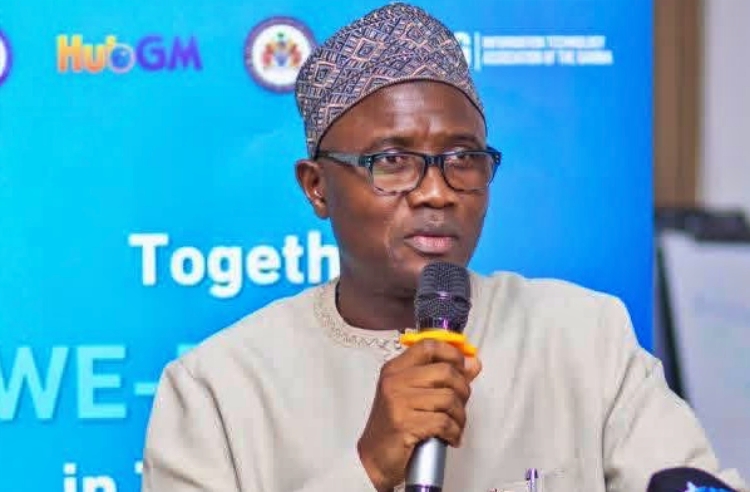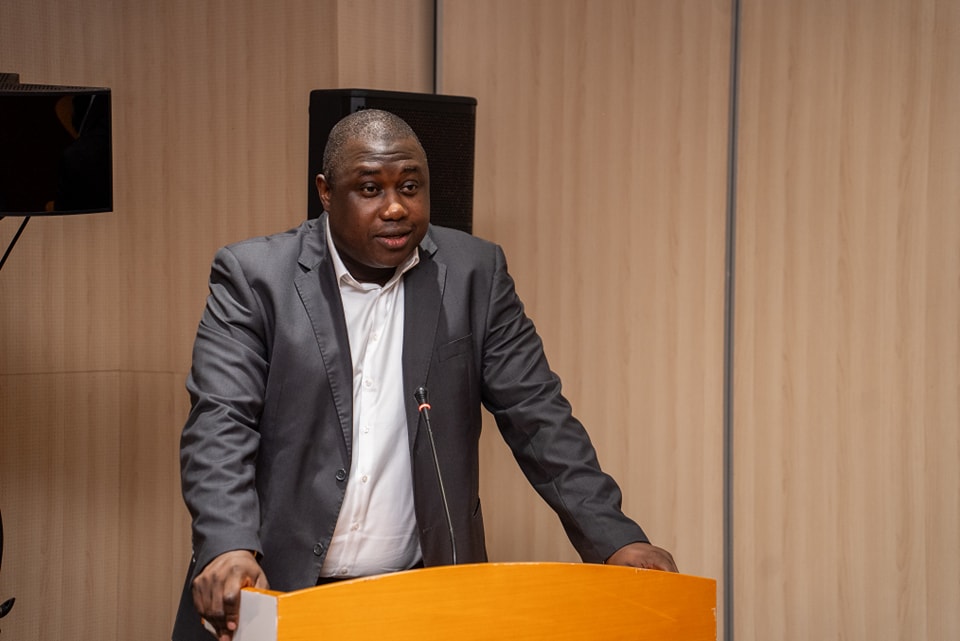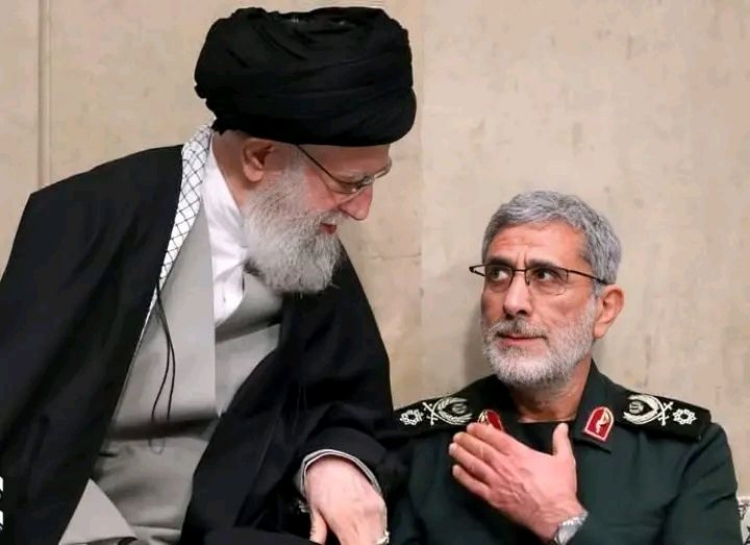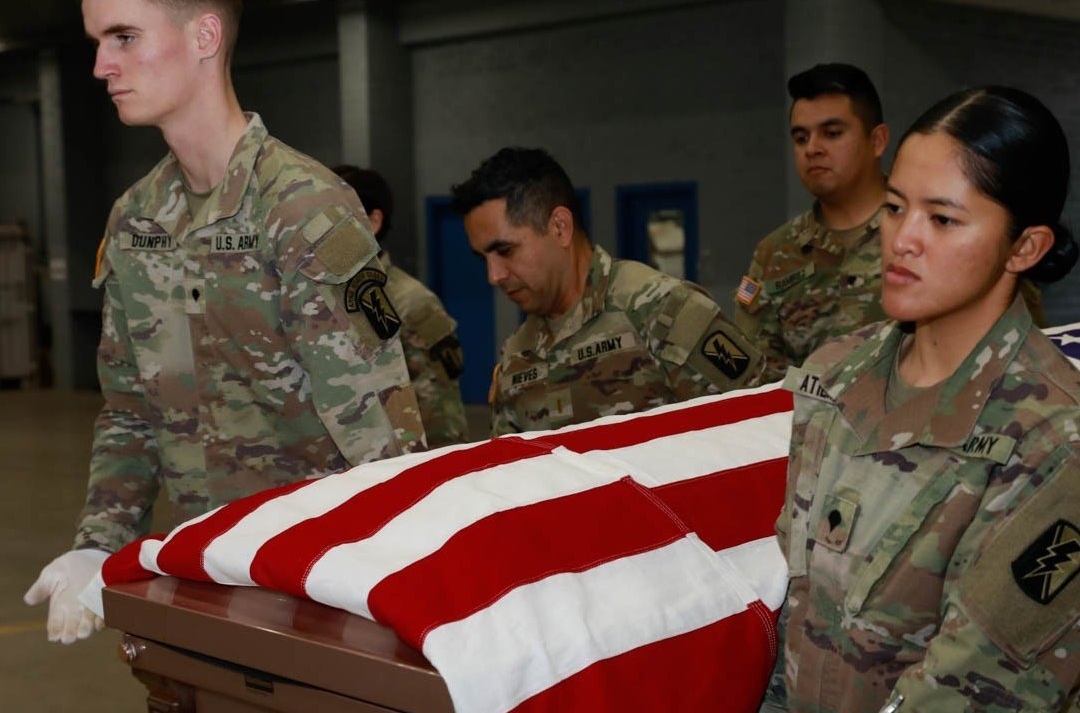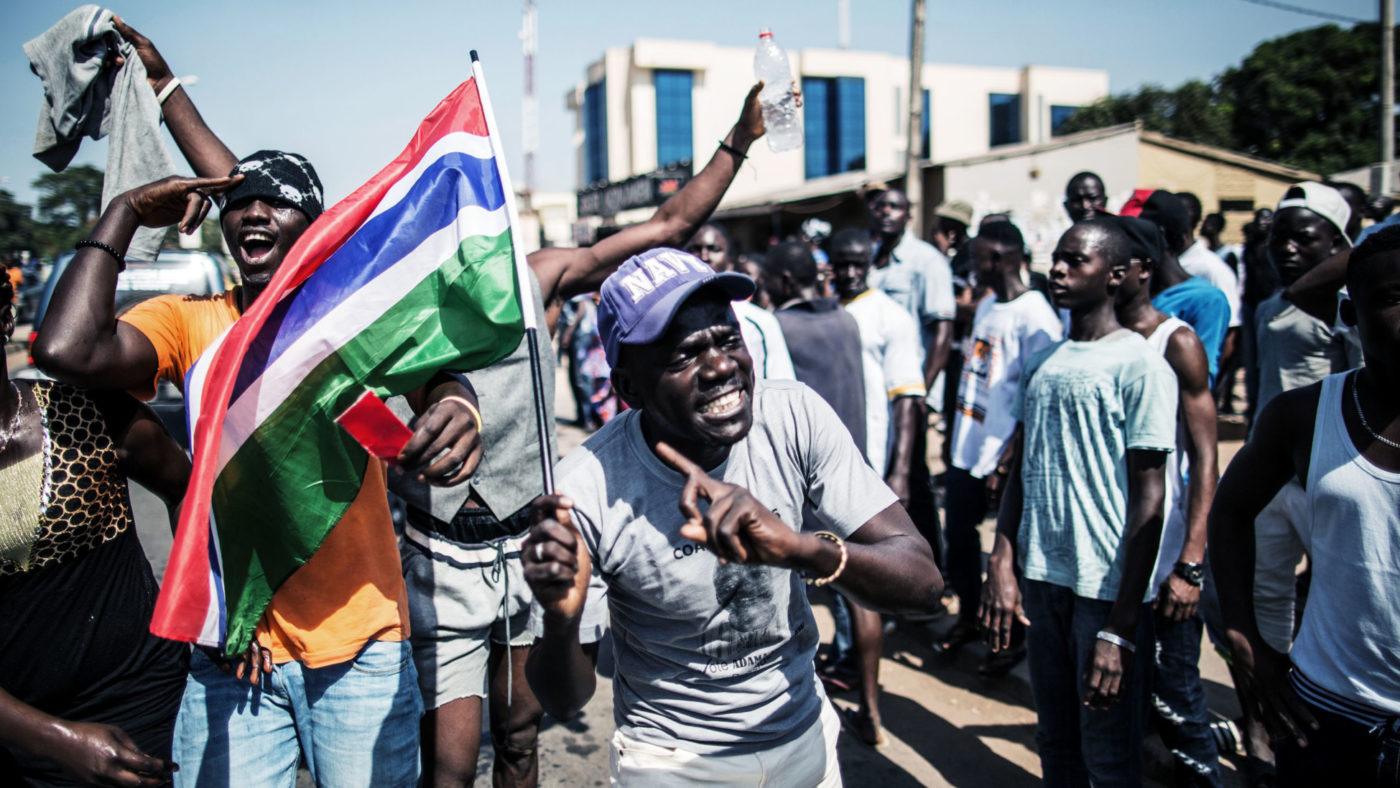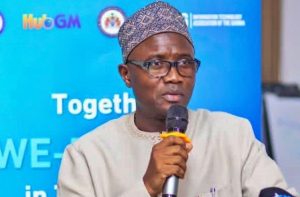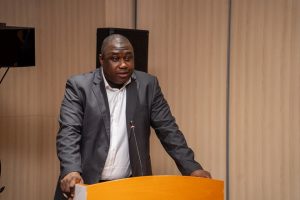Gambiaj.com – (BANJUL, The Gambia) – Last week, The Gambia’s political landscape once again reminded everyone how vivid and unpredictable it remains. Supporters of UDP leader Ousainou Darboe welcomed him home in a wave of yellow, while an audio message from former president Yahya Jammeh, broadcast from Equatorial Guinea, reignited national debate.
Darboe urged his supporters to respect the law and obey traffic regulations, a message echoed by the UDP and commended by authorities who praised the professionalism of the police and airport staff. Jammeh, for his part, called for peace and civility among his followers.
Across the spectrum, the shared emphasis on discipline marked a subtle but important step toward democratic maturity.
Yet Jammeh’s renewed declaration that he will “soon return” has stirred fresh discussions about legacy, justice, and the country’s political direction, a stark reminder that in Gambian politics, the past continues to cast a long shadow.
The Weight of History
From 1994 to 2017, Yahya Jammeh’s rule was defined by centralized power and personal authority. His departure in 2017, following regional mediation, marked both an end and a beginning, the close of one era and the fragile birth of another.
The Truth, Reconciliation, and Reparations Commission (TRRC) chronicled the Jammeh years and issued recommendations for justice, healing, and institutional reform. Implementation has been gradual, reflecting the complexity of transition.
The country’s democracy continues to evolve through legal reform, institutional consolidation, and sustained public dialogue.
Regional Backing: ECOWAS Support
ECOWAS has been instrumental in The Gambia’s democratic journey. During Jammeh’s 2017 exit, the regional bloc, alongside the African Union and United Nations, facilitated a peaceful transition.
More recently, ECOWAS reaffirmed its commitment to The Gambia’s transitional justice process. In July 2025, the bloc’s advisers reiterated support for judicial reform and accountability efforts, including the establishment of a hybrid court to prosecute crimes committed during Jammeh’s rule.
While discussions about the court’s structure are ongoing, ECOWAS’ endorsement strengthens both The Gambia’s institutional readiness and its international credibility.
This partnership underscores that Gambian reforms are not purely domestic; they carry regional weight, reinforcing reconciliation, justice, and long-term stability.
Why the Shadow Endures
Jammeh’s continued relevance in national discourse stems from several intertwined factors:
Entrenched networks: Political and social structures built over two decades remain deeply embedded in the national fabric.
Ongoing reform: The TRRC’s recommendations, the hybrid tribunal, and broader institutional changes are still in progress.
Public expectations: Citizens yearn for tangible progress in governance and service delivery. When change feels slow, some reflect on the past, not necessarily out of nostalgia, but in search of decisiveness and continuity.
These elements ensure Jammeh’s name remains a touchstone in public debate, symbolizing both the progress achieved and the work that remains unfinished.
Security and Readiness
Today’s Gambia is better equipped to manage potential political tensions. The Armed Forces, police, and intelligence services have improved in professionalism and operate under stronger civilian oversight.
Regional partners, including ECOWAS, stand ready to provide diplomatic and technical assistance. Yet the ultimate guarantor of peace lies with Gambians themselves, in upholding the rule of law, rejecting provocation, and prioritizing national interest over partisan divides.
Symbolism and Reflection
Jammeh’s statements are as symbolic as they are strategic. They highlight the delicate interplay between leadership, accountability, and memory. For some, they evoke a sense of stability and order; for others, they rekindle painful memories of repression and loss.
Handled with maturity, these debates can strengthen national unity, shifting focus from personalities to principles, from nostalgia to performance, and from division to reconciliation.
The Road Ahead
To consolidate democracy and move decisively beyond its past, The Gambia must focus on:
Implementing TRRC recommendations to balance justice with national healing.
Advancing institutional reform to build a professional and equitable public service.
Improving service delivery to make progress tangible in people’s lives.
Encouraging inclusive dialogue to maintain broad national consensus.
Deepening engagement with ECOWAS to align domestic reforms with regional commitments.
Strengthening civic responsibility as the cornerstone of peace and stability.
A coordinated approach along these lines would reinforce The Gambia’s sovereignty, legitimacy, and democratic credentials, showing that reconciliation can be both lawful and inclusive.
The debate over Yahya Jammeh’s possible return is ultimately about more than one man. It reflects how far The Gambia has come and how much remains to build enduring democratic institutions.
Leadership, whether past or present, is measured not by charisma but by contributions to peace, justice, and unity. As the nation reflects on Jammeh’s words, it must also look forward to a future where the past can speak without dividing, where memory instructs without haunting, and where shared progress speaks louder than any single voice.



